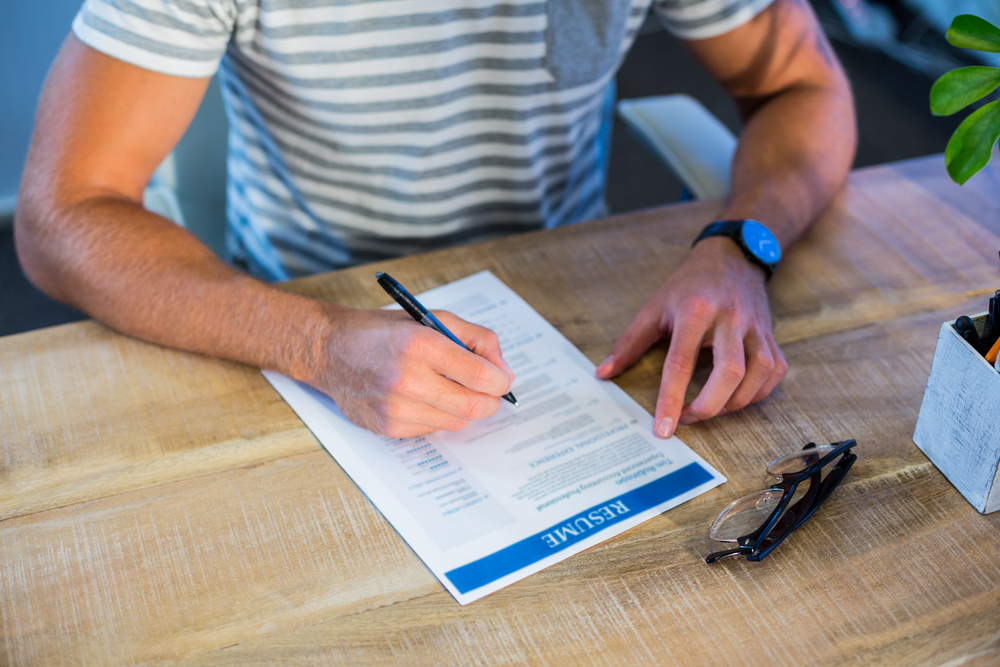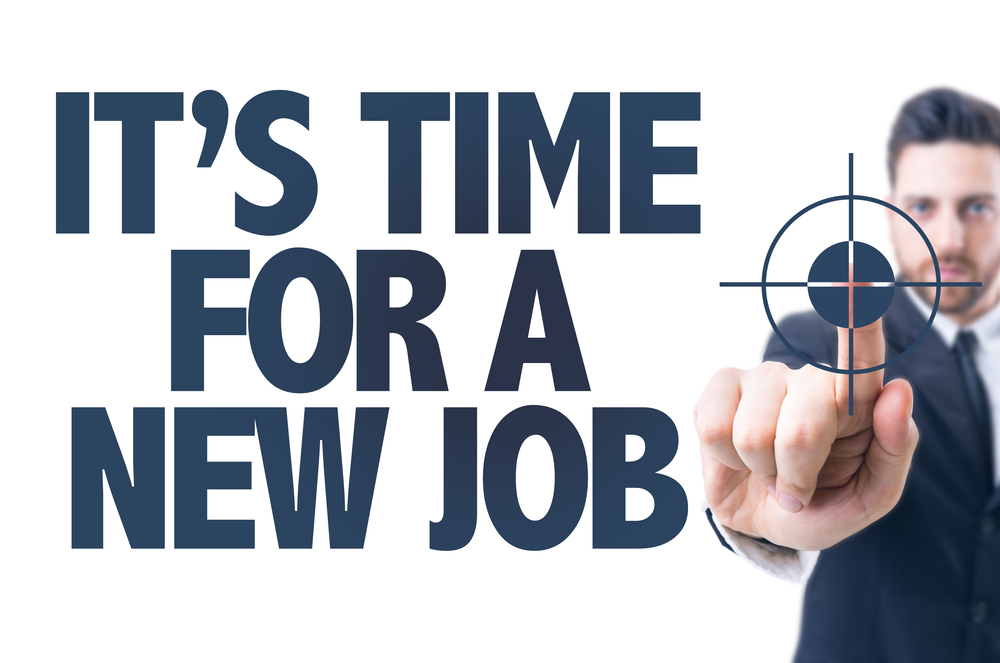Are you looking to grow your firm and add to the team? Are you determined to make the best hiring decision for your company? You’ve come to the right blog! Previously, we published a post on acing the interview, but it was from the job candidate’s point of view. There are obviously two sides to this equation: the interviewer and the interviewee.
The act of interviewing is its own skill, and if it’s not one that you’re familiar with, here are some tips on how to interview others so that you can get the best results for your company.
Plan Ahead. There is a multitude of steps to take when prepping for an interview. To begin, you should know what you're looking for in a new hire. Not just in the qualifications listed in the job description. You also want someone who would fit in well with your current team and company culture. Consider what traits are important to you and what qualities take precedence over all else.
Next, you should have their resume in front of you for the interview. Review it beforehand so you know exactly who you're talking to. Highlight the parts you'd like to learn more about, so that you can easily bring them up during the interview.
Finally, have a list of questions that relate to the job description ready to go. These questions should give you further insight into the candidate's qualifications and background. They should be open-ended and encourage the candidate to expound on an experience that is relevant to your search. A few examples include...
What are your strengths?
Can you tell me about a time you dealt with a difficult challenge in your career?
How do you fare when faced with tight deadlines?
What sort of managing style works best for you?
What is your proudest accomplishment?
Good preparation will help you stay organized during the interview process, so that you can focus on what matters. For more ideas, check out "25 Top Questions to Ask An Interviewee" by Apollo Technical.

Involve Others. Okay, not everyone in your building--too many cooks spoil the soup, as it goes. However, a different perspective can catch details you might overlook. Ask the members of your team what they value in a coworker. Invite a trusted colleague or two to attend the interviews that take place later in the process. Their opinions could prove useful in helping you make that final decision.
Value Their Time. Allot plenty of time for the interview. Don't line the candidates up one after the other and rush them out the door. Leave time at the end for them to ask questions. Once they leave, ruminate on how the interview went and take down some notes instead of jumping right into the next one.
This should go without saying, but make sure you show up to the interview on time as well! The candidate could be taking time off work to attend. It's not a good look for them if they arrive late, and the same goes for you. You want to make a good impression, too.
Don't forget to thank them for their time at the end of the interview!

Outline Your Process. As the interviewer, you should provide an overview of the process to your candidates. Communicate how your interview process will work and how long you expect it to take. What does the timeline look like? How many rounds of interviews are you doing? Will the interview be virtual or in-person? When are you hoping to make an offer?
No one wants to be left hanging, wondering what the next step is, or if there will even be one. It's a kind courtesy to keep communication open with your candidates, and a good way to keep the process moving along.
Start with Small Talk. Odds are your interview subject is dealing with some nerves. Don't hit them with the hard questions right out of the gate. Try to put them at ease with a little bit of small talk. Work the weather. Introduce yourself. Talk about the company and its values. Hopefully, this will help them loosen up so you can speak with them more naturally.
Listen. This is your main job during the interview process. The candidate should be doing most of the talking. Be sure to keep your ears open and take notes. Are they giving you thorough answers that demonstrate their knowledge and experience? How do their qualifications align with what you're looking for?

Sell the Job. Remember, they are looking to see if your job is a good fit for them. In a way, you're being interviewed as well.
As the interviewer, it's easy to feel like you're in the position with all the power. Don't let it get to your head! Your top candidate could easily turn you down if they're unimpressed with the offer. So be sure to let them know why your company is great and what benefits they can expect working here.
Follow Up. Unfortunately, this is a not-so-common courtesy. Yes, it's tough turning someone down, especially if you clicked, but it's better than keeping them in a world of uncertainty as they wait to hear your decision. One email is all it takes to give closure and peace of mind. Then you can both move on, continuing towards what is best for you.




